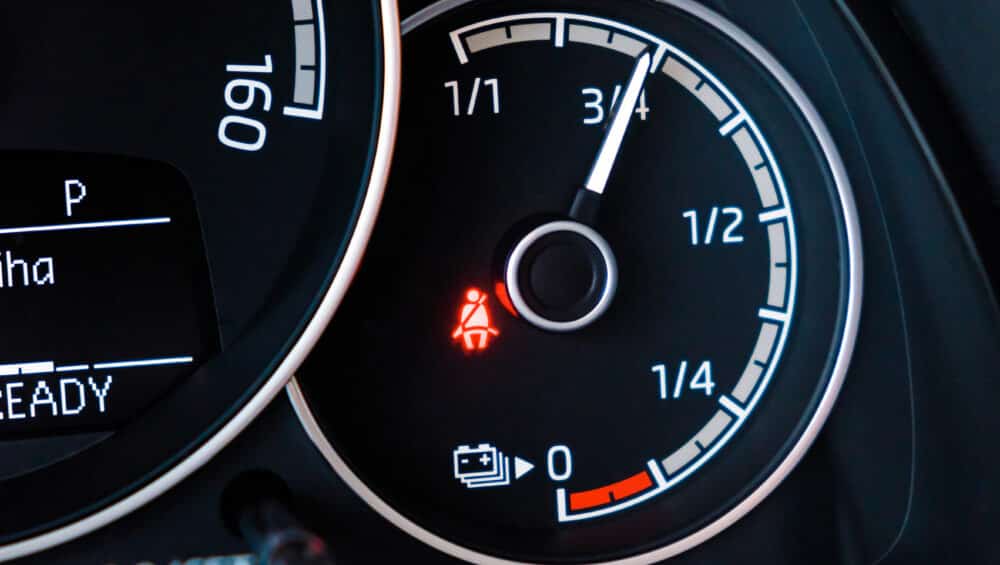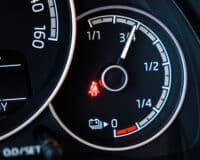Modern vehicles are equipped with a variety of sensors and warning lights that communicate important information about your car’s health. These lights are designed to prevent minor issues from turning into costly repairs. Yet, many drivers ignore these alerts, often because they don’t understand what they mean. Let’s break down some of the most critical warning lights and what you should do when they appear.
Check Engine Light
The check engine light is one of the most common and most misunderstood warning signals. This light can indicate anything from a loose gas cap to a serious engine problem. While it may not always be an emergency, it’s important to get your car diagnosed as soon as possible. Ignoring this light can lead to more severe damage and expensive repairs in the future.
Oil Pressure Light
This light indicates that your engine is not receiving enough oil pressure, which could result in catastrophic engine failure. Low oil levels, a failing oil pump, or an oil leak could trigger this warning. If this light comes on, pull over and check your oil levels immediately. Driving with low oil pressure can severely damage your engine.
Battery Warning Light
The battery warning light is often a sign that your vehicle’s charging system is malfunctioning. This could mean that the battery is dying, the alternator is failing, or there’s a loose connection in the system. While you may be able to drive for a short time, the vehicle will eventually lose power. It’s best to get this checked as soon as the light appears.
A brake warning light is a serious matter. It could indicate low brake fluid levels or a more severe problem with your braking system, such as worn brake pads or a malfunctioning brake booster. Since your braking system is critical to your safety, you should never ignore this light. If the brake warning light comes on, schedule a brake inspection immediately.
Understanding your vehicle’s warning lights can save you from costly repairs and keep you safe on the road. When in doubt, consult your vehicle’s manual or visit a certified mechanic to address any concerns.




